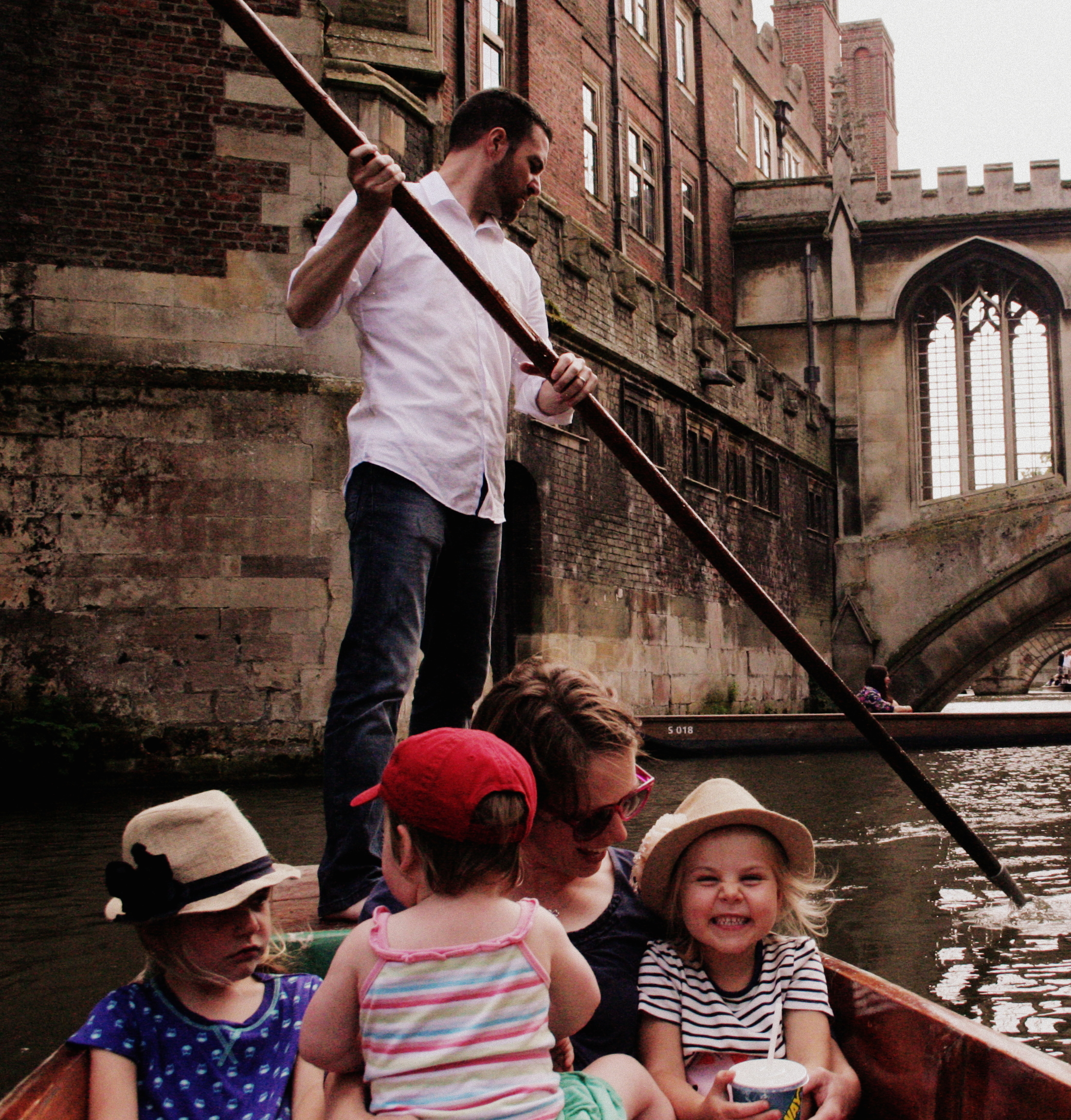About Me
I am an Associate Professor in the Department of International Relations at the London School of Economics and Political Science. I specialise in International Political Economy.
Prior to my start at the LSE, I was an Assistant Professor at Middlebury College (2008-2013) and a fellow at the Niehaus Center for Globalization and Governance at Princeton University (2012-2013).
I have a Ph.D. in Political Science and a Master’s in History from Stanford University. I am also an alumnus of the University of Chicago (graduated 2003) and a member of Trinity College at Cambridge University (matriculated 2002). And I have been an Associate Member of Nuffield College at Oxford University.
My Trajectory as a Scholar
While I have always been interested in policy, I was originally trained as a historian. As an undergraduate at Chicago, I studied political and economic ideas and institutions in the British Empire and the early United States. I spent my fourth year abroad at Cambridge, where I wrote a second undergraduate thesis on John Locke’s mercantilist political economy. I then went to Stanford to pursue a PhD in history under Jack Rakove. I remained, however, unusually interested in the role international politics played in shaping and constraining seemingly “domestic” policies. At the same time, I became increasingly impressed with the sophisticated tools social scientists have developed to study these issues. So, halfway through my PhD program, I switched into political science.
These days, I study the role of ideas and intellectuals in foreign economic policy. My work involves three distinct undertakings. First, I consider those factors that shape IPE. I speak to this literature by deepening our understanding of how ideas interact with material variables in IR. Second, I study those theorists who I hypothesise influenced foreign economic policy. This takes me into the history of political and economic thought. I contribute to this literature by revising our understanding of the figures in question—both the content of their ideas and the ways in which they have shaped policy. Third, I use my training as a historian to analyse the critical junctures at which these ideas ascended. This offers a new perspective on crucial cases across the last several centuries in political and economic history. So, while the field of IPE remains my core audience, my research and teaching speaks to scholars and students well beyond my discipline.
I describe these endeavours further in the pages linked on the left.
Fam on the Cam!
